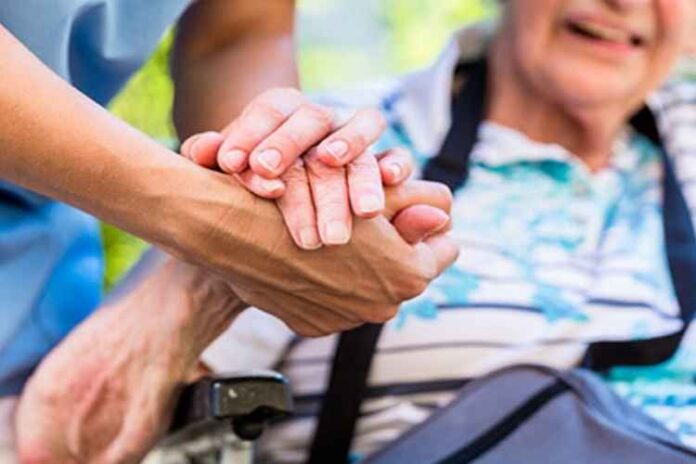It is found that nearly 15% of the total population of the world experience some form of disability. Life is challenging for people with disabilities and those who care for them. A person’s disability affects the entire family, and it can put the family under a great deal of emotional, financial, and physical stress. The complex needs of disabled people make them depend on others to live a good quality of life. A disability services & support organisation supports disabled people and helps them participate in social and economic life on an equal basis with others. Disabilities affect people in different ways. Physical disabilities frustrate people because they cannot do all activities like normal people. Support organisations help disabled persons to overcome challenges and live fulfilling lives.
Some people have disabilities from the time they are born, but most disabilities occur due to accidents. Each person deals with their disability differently. Those who suffer from disabilities have limitations and restrictions on various activities, significantly impacting their lives. Overcoming challenges and becoming confident is vital for people with disabilities. Support organisations believe in creating opportunities that help disabled people to establish confidence. Without support, the disabled become invisible in society and remain isolated.
Types of disabilities
Mobility and physical impairment: Disability in mobility can happen from birth or old age, and it can also occur due to the breakage of a bone due to accidents. Physical impairments include:
- Upper limb disability
- Lower limb disability
- Manual dexterity
- Disability in the coordination of the body parts.
Spinal cord disability: Spinal cord disability happens mainly after a spinal cord injury after a severe accident. Some messages are conveyed to the spinal cord in partial injury, and complete damage leads to total dysfunctioning of the sensory organs. Spinal cord disability is a congenital disability in some people.
Brain disability: Brain disability happens due to brain injury, and its magnitude can range from mild to moderate to severe. Acquired brain injury is degeneration of the brain that occurs after birth, and traumatic brain injury causes emotional dysfunctional and behavioural disturbance.
Vision disability: Vision disability is found in thousands of people. It can be a minor or severe vision impairment, leading to diseases or severe problems like ocular trauma or blindness. Some common vision impairments are diabetes-related eye conditions, corneal graft, scratched cornea, or scratches on the sclera.
Hearing disability: Hearing disability includes people who are entirely or partially deaf. Deafness is found from birth, or it can happen later in life due to biological causes. Partly deaf people use hearing aids, and completely deaf persons communicate with sign language.
Cognitive disabilities: Cognitive disabilities are also known as learning disabilities. It is a kind of impairment found in people suffering from problems like speech disorders and dyslexia.
Psychological disorders: People with physiological impairments have disorders of mood and feeling for the short or long term.
- Personality disorders – It causes inadequate patterns of thought and behaviour that cause significant impairment to day-to-day activities.
- Schizophrenia – Schizophrenia is a mental disorder characterised by mood, thinking, and behaviour disturbances.
Volunteers from disability services & support organisation help people with disabilities participate fully in their everyday lives. The volunteers recognise the unique needs of people with disabilities and offer services to help them take control of life. The disabled people become confident with the help from the volunteers, and they can continue to live a comfortable life. The care and support make them actively participate in everything and make their life more meaningful.


























